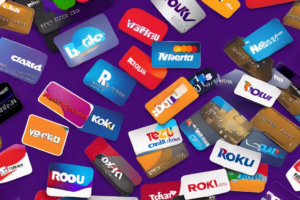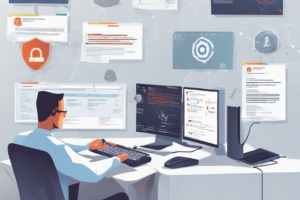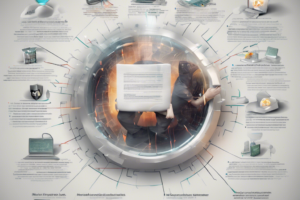
International Change Your Password Day: An Emphasis on Strengthening Digital Safety
The Origin and Purpose of International Change Your Password Day
On February 1, 2024, the world celebrated International Change Your Password Day, an occasion whose roots are obscure to many tech aficionados. This annual event was first established to emphasize online safety whilst utilizing web services. It highlights the crucial function that passwords have in protecting our private data from cyber threats.
Unified Password Policy and Its Potential Risks
Major online platforms such as Google and Facebook have implemented a coherent password policy, dictating that users maintain the same password across all affiliated services. Although this practice affords convenience, it also poses a potential risk. Should this singular password fall into the wrong hands, the consequences could include substantial breaches of personal privacy.
Adopting a Robust Password: Experts' Suggestions
Cybersecurity experts strongly advocate for the usage of robust passwords. They suggest a password length of a minimum of 14 characters, which should be a complex mix of alphanumeric characters along with a few special symbols. This strategy strengthens the defense against brute force attacks, often carried out by malevolent software.
Regular Password Changes and Confidentiality
It’s vital to handle passwords with the utmost confidentiality, avoiding sharing them whenever possible. Regularly updating your passwords, ideally on a quarterly basis, provides an extra defense layer, particularly if there is a potential breach on the service provider’s end.
Steer Clear of Common and Predictable Passwords
Simple numerical sequences (such as 123456789), basic words (like ‘password'), and personal details including birthdays or names of family members all make poor password choices. Cybercriminals utilizing AI software can easily exploit these predictable selections for their own gain.
Distinct Passwords and Additional Security Measures
To bolster digital security, experts suggest using unique passwords for each of your online services. This practice reduces the risk of multiple accounts being compromised if a specific service provider’s password storage server is breached. Further enhancing password protection through two-factor authentication (2-FA) or multifactor authentication can provide an additional layer of security, presenting further barriers to potential cyber threats.

Alejandro Rodriguez, a tech writer with a computer science background, excels in making complex tech topics accessible. His articles, focusing on consumer electronics and software, blend technical expertise with relatable storytelling. Known for insightful reviews and commentaries, Alejandro's work appears in various tech publications, engaging both enthusiasts and novices.
Follow us on Facebook







